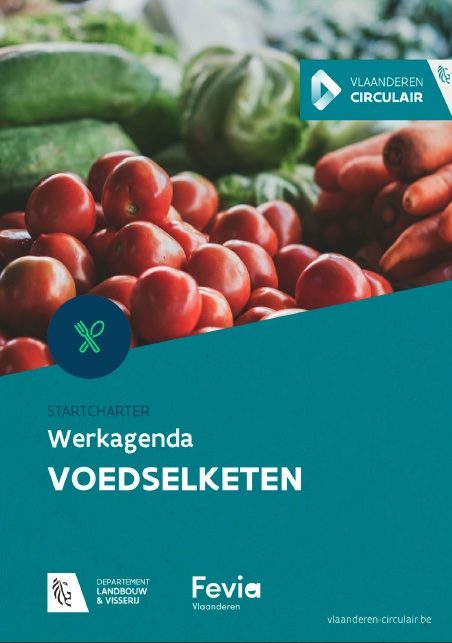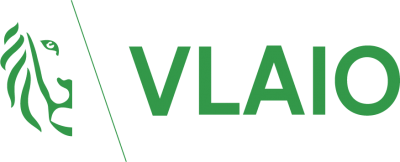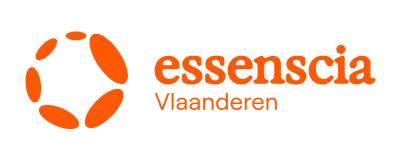Topics
We organise our actions in six thematic & strategic agendas:
Strategic Agendas:
Bio-economy
Circular Construction
Chemicals/Plastics
Manufacturing Industry
Food Chain
Water Cycles
Seven leverages provide additional support:
Leverage effects:
Lever Policy Instruments
Lever Circular Procurement
Lever Communication
Lever Innovation & Entrepreneurship
Lever Financing
Lever Jobs & Skills
Lever Research
What, why and how?
Why are we pursuing a circular economy?
Future visions 2050
How do we see our circular future?
About our management
Who steers what at Flanders Circular?
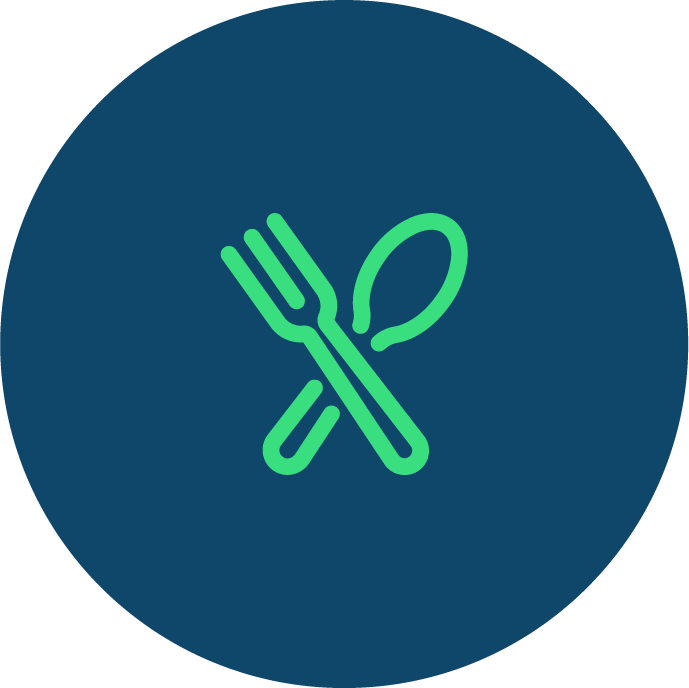
Our Approach / Strategic Agendas
Food chain
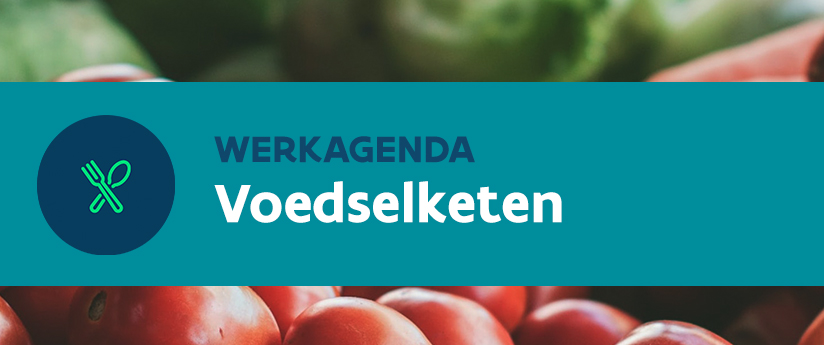
Goals
Through the food chain strategic agenda, we want to reduce the material footprint of the agri-food chain and the associated environmental pressure while at least preserving the economic importance of the system in Flanders. We want to achieve this by working on three pillars: optimal use of bio-resources, food products and residual flows.
Pillar 1: Optimal use of bio-resources
- We increase the circularity of existing primary production systems.
- We develop and scale up new circular production systems and cultures that (almost) do not use conventional agricultural land.
- We increase circularity in existing food product processing and distribution systems.
Pillar 2: Optimal use of food
- We aim to achieve broad acceptance of a low-resource impact diet, in line with the environmentally friendly food triangle.
- In doing so, we focus on actions that target or are implemented by both the hospitality, catering, retail and consumer sectors.
Pillar 3: Optimal use of residual flows
- We have a view of available flows.
- We close cycles at a geographical scale that is as small as possible and as large as necessary.
- We reduce the number of flows remaining on land.
- We optimise existing harvesting and processing technology and machinery, or develop new ones.
- We valorise flows that cannot be used in food as much as possible and in an efficient way for livestock farming.
- We have adapted logistics systems to enable higher-value applications.
- We have solutions to put more difficult, wet and/or small flows (such as certain fruits and vegetables) back into high-value applications.
- We recover and recycle all nutrients in the food chain.
Presentation of the strategic agenda
In our strategic agenda report you will find our goals and ambitions in detail.
